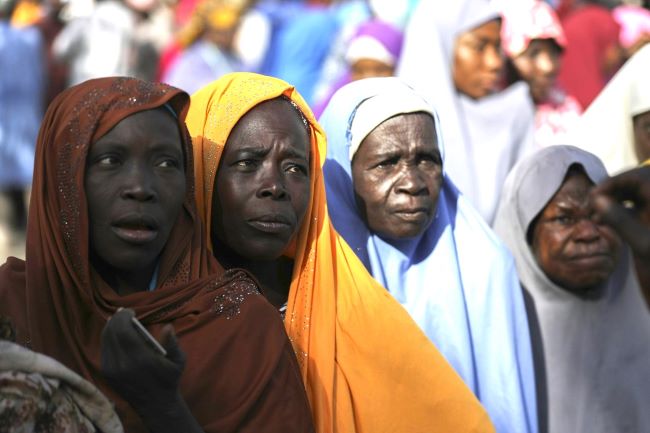The Women Affairs Secretariat, Federal Capital Territory Administration (FCTA), has begun mobilising support for women, experiencing menopause for households’ stability and the general wellbeing of families.
The Mandate Secretary of the secretariat, Dr Adedayo Benjamins-Laniyi, said that the move was part of the secretariat’s efforts to promote emotional stability in households.
Benjamins-Laniyi spoke on the topic “We Factor,” at a one-day Menopause Awareness programme in Abuja on Wednesday, organised by the secretariat for couples in the FCT.
She explained that the We-Factor embodies the essence of community, support, and shared experiences, particularly during menopause.
She described menopause as the stage in a woman’s life when her menstrual periods stop permanently, and she can no longer get pregnant.
The mandate secretary said that for some women, the menopausal transition could bring various symptoms, including hot flashes, night sweats, trouble sleeping, joint and muscle discomfort, and pain during sex.
Other symptoms, she said, may include moodiness and irritability, forgetfulness, difficulty concentrating, or a combination of all the signs.
According to her, a woman’s emotional instability will affect the husband, and the family and if not handled well, will affect family finances and happiness.
“The woman’s emotional state may affect the overall wellbeing of the family, but a happy woman will translate to a happy home.”
She stressed the need for collective support for women experiencing menopause, particularly from men to maintain their emotional stability needed to ensure a happy household.
She said that menopause, is often perceived as a solitary journey and a transition that women face independently but doesn’t have to be so.
According to her, happy people are healthy people and healthy people create wealth and create a strong economy.
“We have come with a message of advocacy, the advocacy of caring, sharing, collective responsibility.
“Let us support our women, care for them and support them to first care for themselves before extending the same to the rest of the family.
“This is because women find it very easy to kind of keep deferring their own self-care in the name of caring for the family and caring for the community.
“So, you have to make sure that as her husband, you help her to care for herself.”
The acting Director, the Women Development Department in the secretariat, Mrs Aina Sani, said that the awareness creation was organised because of the effect of menopause on women, homes and workplaces.
“Menopause is affecting women in their offices and homes in the way they do things, and that is why we want people to be aware and support women during this period.
“We also invited their spouses to know how to assist women during this stage in their lives and know what to do to support their wives during this period,” she said.
NAN


